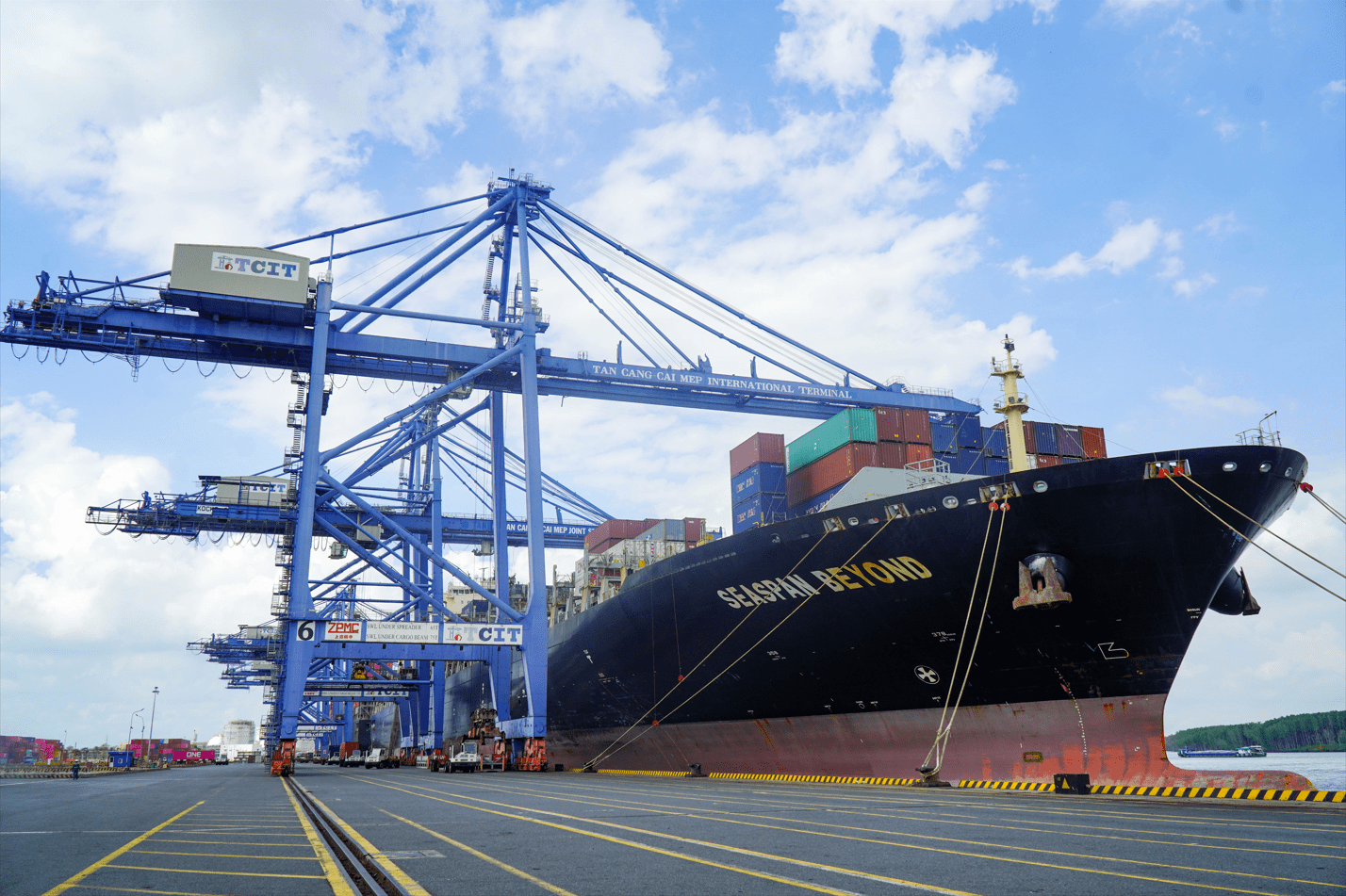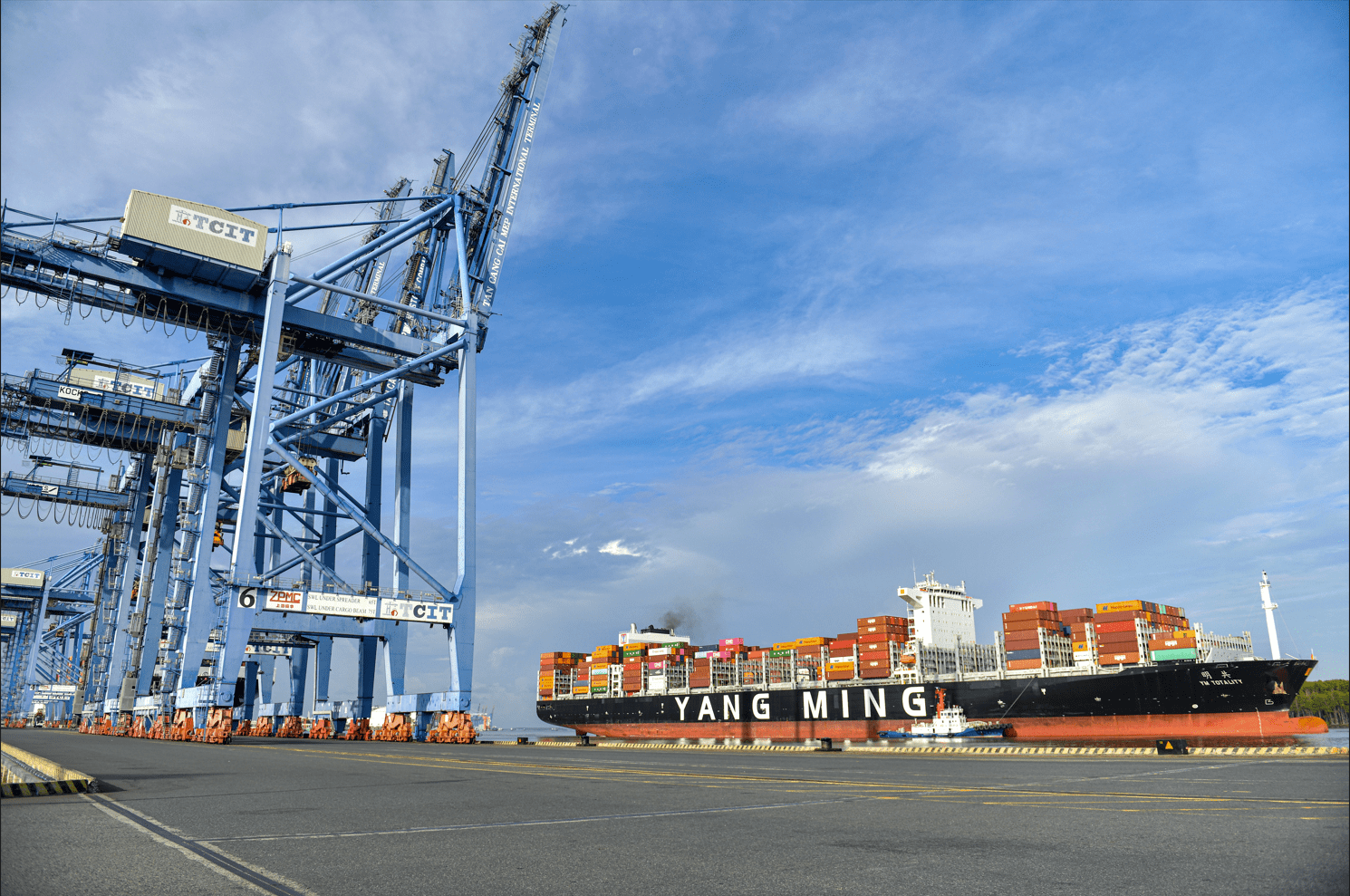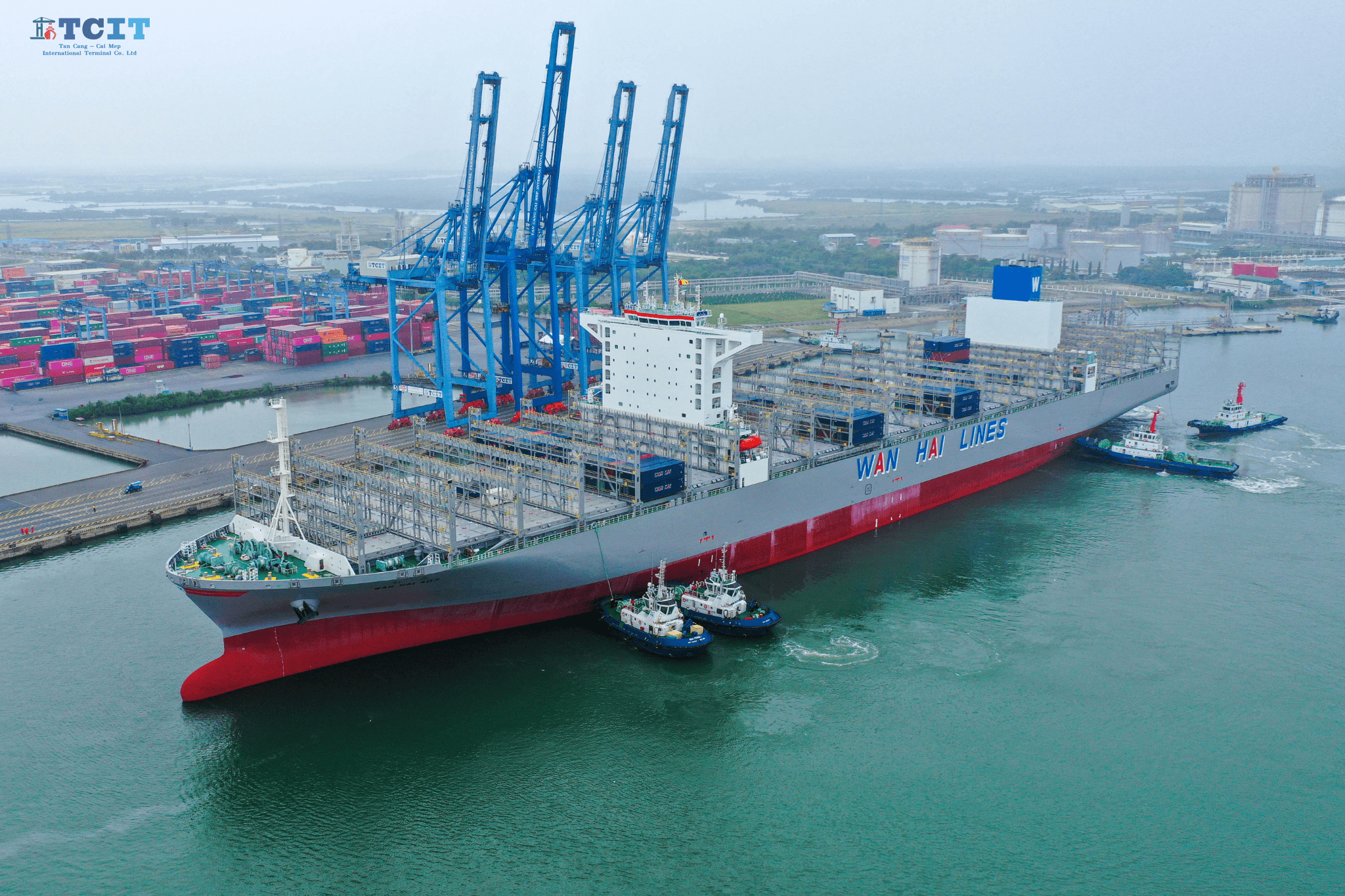Ministries to ban shipping lines that transport waste
The Ministry of Finance has asked the Ministry of Transport not to grant business licences to shipping lines that transport scrap that includes waste and pollutants to Viet Nam.
The move follows the Prime Minister’s instruction on urgent efforts to manage the import and use of scrap as a material for production.
In the instruction, the PM ordered a ban on the import of scrap that contains waste.
According to the instruction, the shipping lines that transport waste and pollutants must be held responsible for transporting the goods out of Vietnamese territory.
As of September this year, more than 15,000 imported scrap containers remained at Cat Lai, Hai Phong and Cai Mep ports, according to Viet Nam Customs.
Nearly 5,000 containers have remained for over 90 days at Cat Lai Port, 2,700 of which contain waste. The customs agency identified 2,500 containers that are unaccounted for.
European Shipowners Welcome EU-Singapore Trade Deal
European shipowners welcomed the free trade agreement between the EU and Singapore, which was signed during last week’s Asia-Europe summit.
“European shipowners welcome the fact that the EU and Singapore show their commitment to free, fair and rules-based trade at a time that protectionism is on the rise,” Martin Dorsman, ECSA’s Secretary General, said.
“Shipping needs global trade to exist and global trade cannot exist without an efficient shipping industry. Southeast Asia is a key partner for European shipping companies with Singapore being the EU’s largest ASEAN partner, accounting for almost one third of EU-ASEAN trade in goods and services,” Dorsman added.
The EU-Singapore FTA text contains the liberalization principles of international maritime transport services. The contracts signed are the first bilateral trade and investment deals concluded between the EU and a member state of the Association of Southeast Asian Nations (ASEAN).
Last week marked another important step in the EU-ASEAN trade cooperation as the European Commission adopted the EU-Vietnam trade and investment deals and presented them to the Council for its approval.
ECSA said that the shipowners are looking forward to the quick ratification of the EU-Singapore agreement by the European Parliament so it can enter into force before the end of the current mandate of the European Commission in 2019. The shipowners also called upon the Council to swiftly approve the EU-Vietnam agreement.
CMA CGM, CEVA Broaden Strategic Partnership
Shipping major CMA CGM has signed a new relationship deal with Swiss logistics company CEVA to reinforce their industrial cooperation.
Under the agreement, signed on October 24, CEVA Logistics will be able to accelerate its transformation by bringing CMA CGM’s operational expertise and experience to help the company achieve its recovery plan faster and more efficiently.
CMA CGM is expected to generate new commercial opportunities for CEVA and transfer its freight management activities to CEVA, strengthening the company and creating economies of scale. The French major would also support additional investments aiming at implementing CEVA’s digital and IT transformation.
“We are convinced of CEVA Logistics’ potential. This industrial cooperation will make it possible to accelerate its required transformation and to make it a more profitable and efficient leader in logistics,” Rodolphe Saadé, Chief Executive Officer of CMA CGM, said.
The agreement signed between the parties also entails a removal of the drag along clause in the relationship agreement previously entered into, as well as a voluntary public tender offer from CMA CGM for CEVA shareholders who wish to sell their shares.
HMM Introducing Fuel Surcharge as of January 2019
South Korean liner company Hyundai Merchant Marine (HMM) is joining the club of liner giants that are planning to add fuel adjustment surcharge ahead of the 2020 sulphur cap.
The company said that the surcharge would be introduced in January 2019 as a means of compensating for the rising fuel costs stemming from the 2020 low-sulphur fuel regime.
The 2020 sulphur regulation, which will ban ships from using any marine fuel with a sulphur content above 0.5 pct as of January 1, 2020, is expected to impose a heavy burden on owners as the annual fuel costs for the shipping industry are likely to jump by up to USD 60 billion, including by USD 10 billion for the containership sector alone.
As a result, liner companies are transferring a huge portion of the operating costs to shippers, a move which has not been warmly welcomed.
HMM is following in the footsteps of OOCL, Hapag-Lloyd, MSC, CMA CGM and Maersk Line.
Source: World Maritime News,Viet Nam News
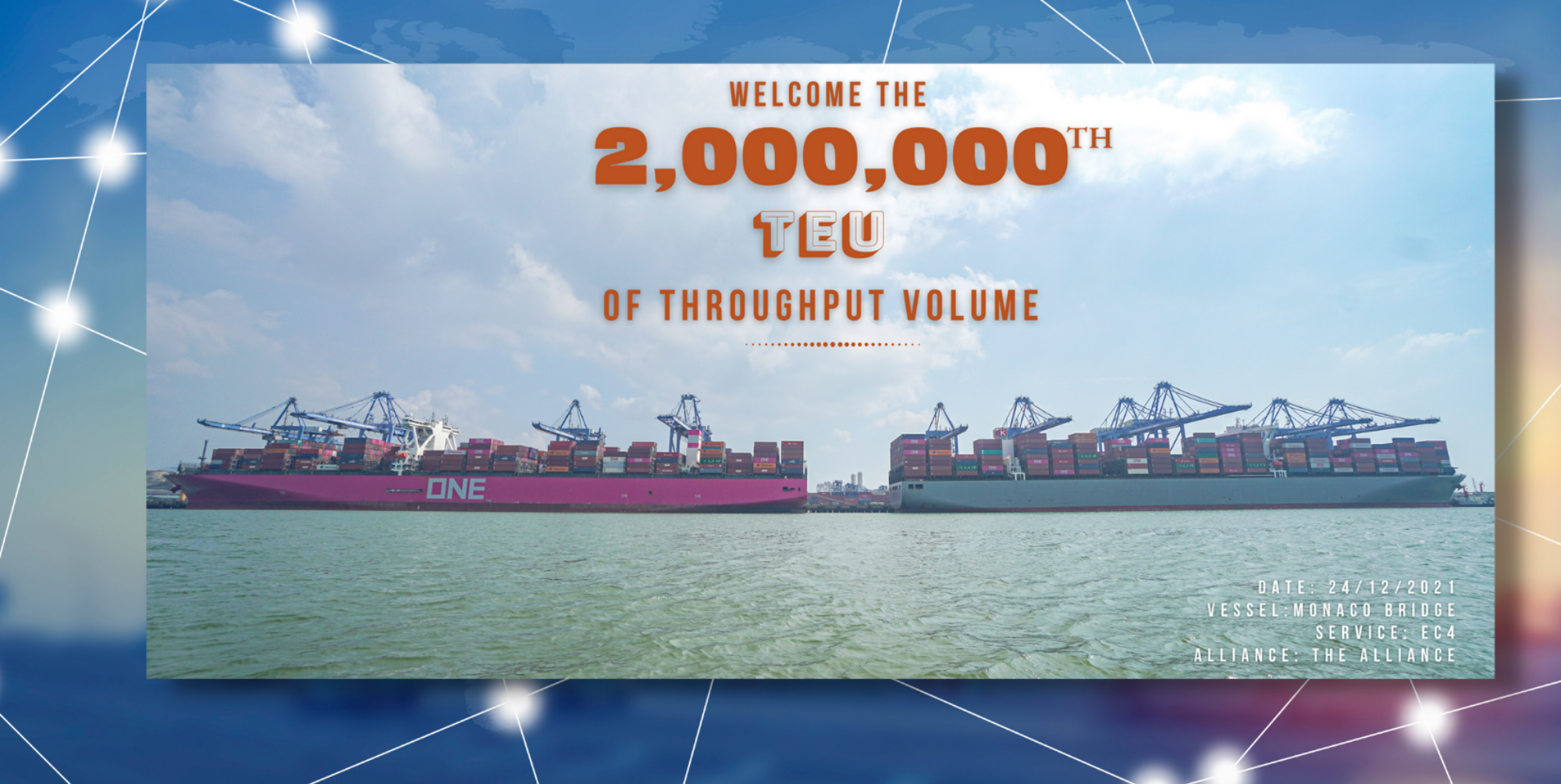
.png)

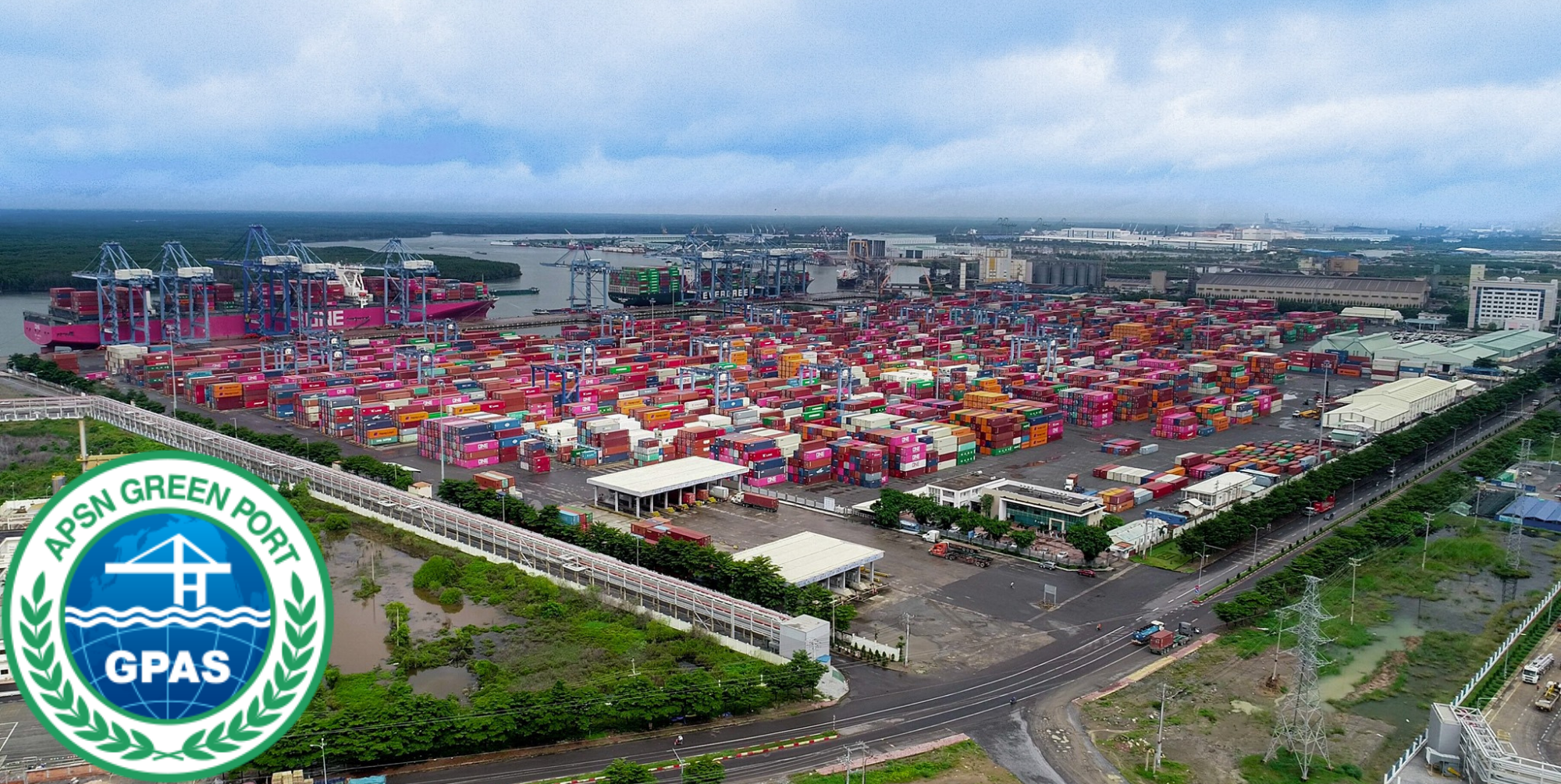

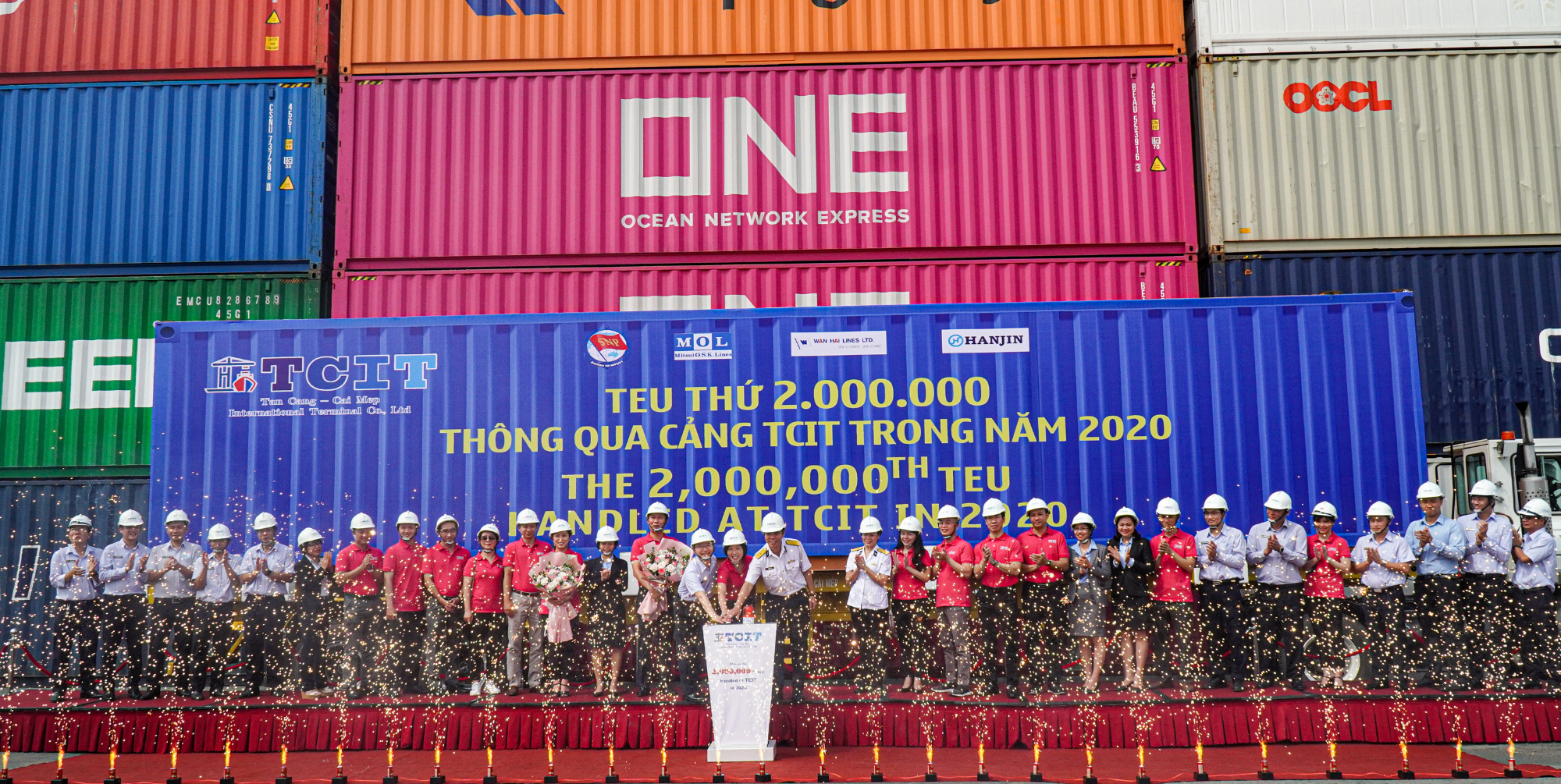
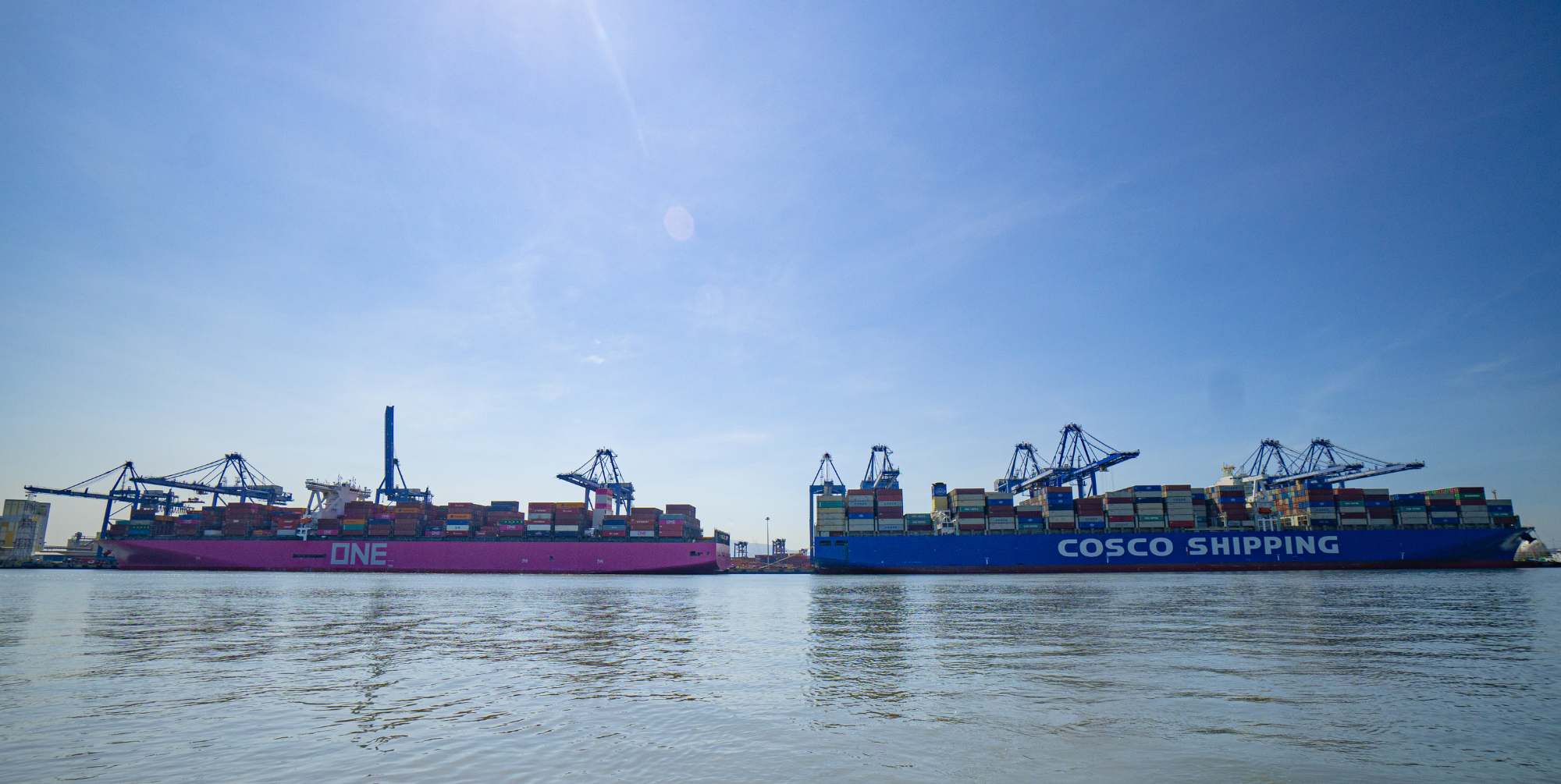
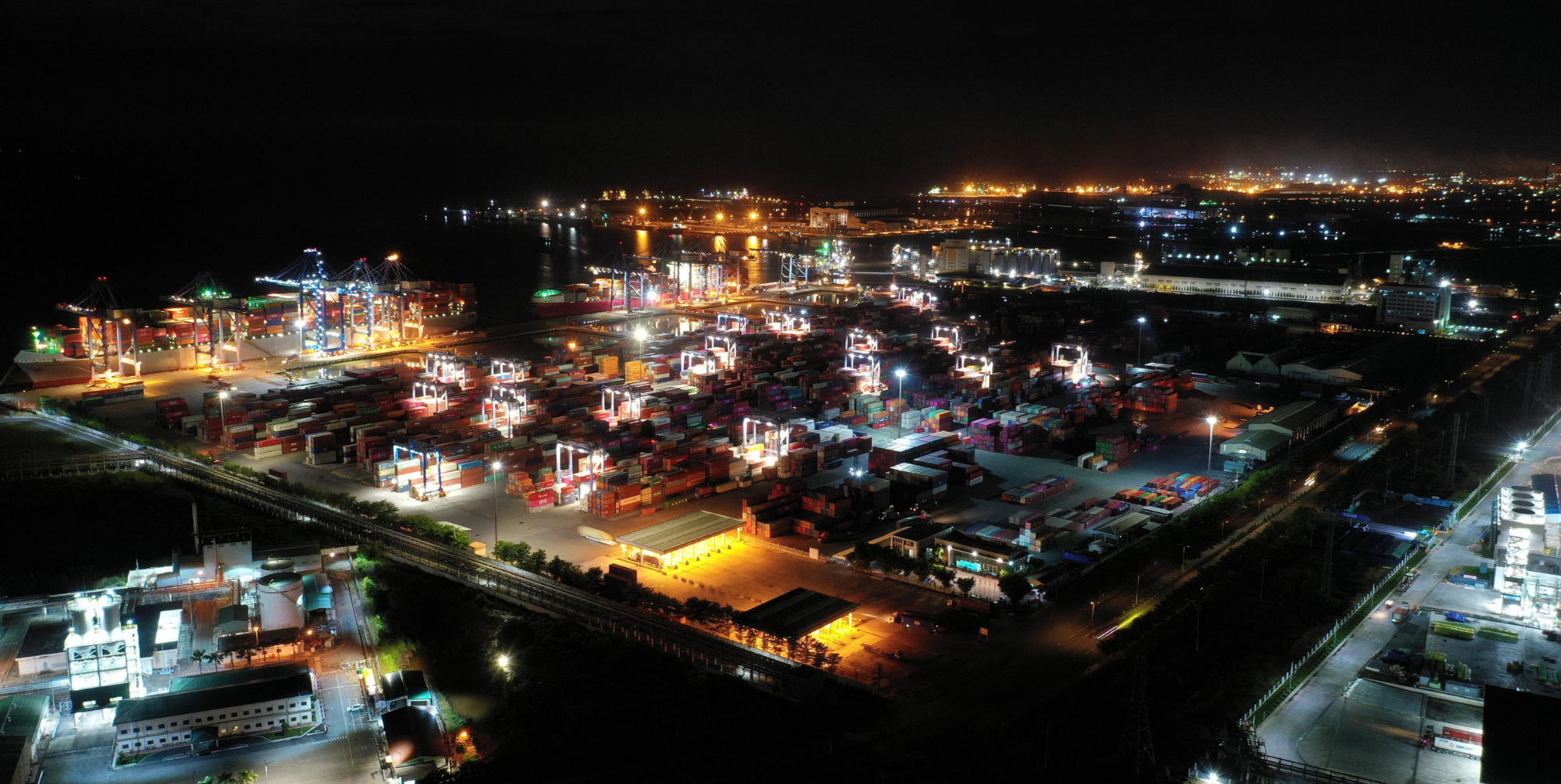
.jpg)
